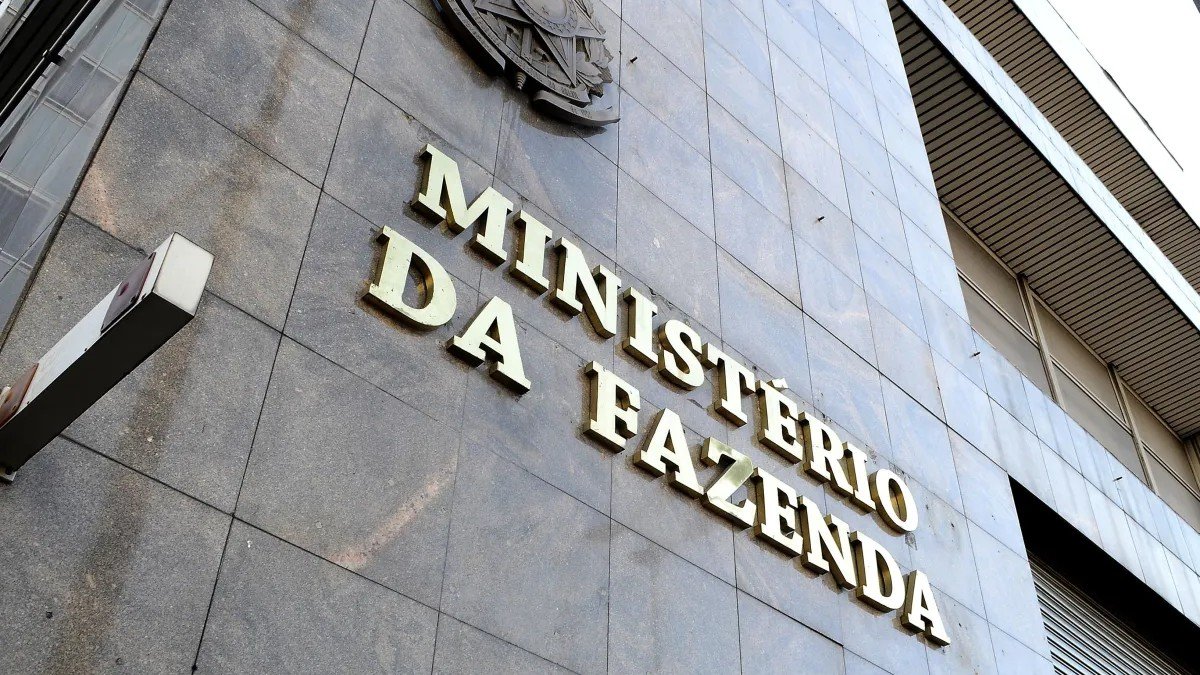Quebec to ban convicted criminals from casinos through new regulation

The government of Quebec has vowed to prohibit individuals with convictions for various crimes, such as money laundering and forgery, from accessing casinos. The Canadian province unveiled its firm stance through a draft regulation published in the official Gazette, in an effort to maintain the integrity of its gambling establishments.
As per a CBC News report, casinos will now bar individuals convicted or pleading guilty to crimes in the past five years that may compromise their integrity or erode public trust in them. Crimes like money laundering, forgery, charging criminal interest rates, and violations of the Controlled Drugs and Substances Act will now be grounds for exclusion. The regulation is set to take effect in approximately six weeks.
With the exception of those situated in Indigenous communities, all legal casinos in the province are under the ownership of Loto-Québec, the gaming authority responsible for overseeing gambling activities.
The government's decision to introduce the new regulation follows a Deloitte audit investigating the involvement of organized criminal groups in casinos. In 2021, Quebec Finance Minister Eric Girard ordered the audit, triggered by allegations that organized crime members were being treated as VIPs at the Casino de Montréal.
Deloitte conducted an investigation, examining money laundering, loan-sharking, the effectiveness of Loto-Québec's loyalty program, and measures to safeguard the casino employees' security and independence. Among the audit's recommendations was granting Loto-Québec the authority to ban individuals associated with criminal activities, leading to the implementation of the ban.
"Loto-Québec and the government are aiming for the highest standards of responsible gaming and financial integrity. We have confidence in Loto-Québec to implement these new measures," said Claudia Loupret, a spokeswoman for Girard, as reported by CBC News.
Experts have warned that while the new policy represents a significant step forward, criminals may still find creative ways to get around it. Anna Sergi, a criminology professor at the University of Essex, UK, told The Canadian Press that similar rules exist in Australia and that organized criminal groups are likely to use third parties, representatives and figureheads to continue using casinos to launder money.
Patrice Poitevin, co-founder and executive director of the Canadian Centre of Excellence for Anti-Corruption, agreed that criminals might find ways around the regulation, but still highlighted the policy's intentions. "Anything that you put in place that will make life a little more miserable for organized crime to use casinos and other means to launder money is a good thing," he said.
















































